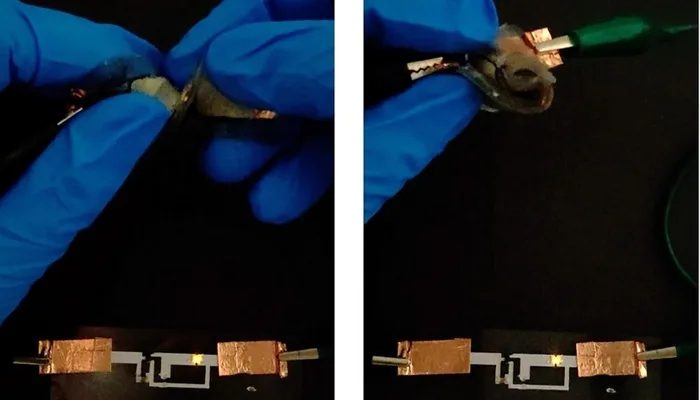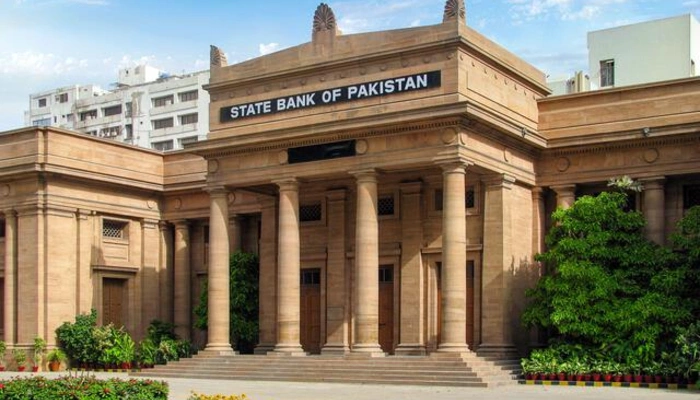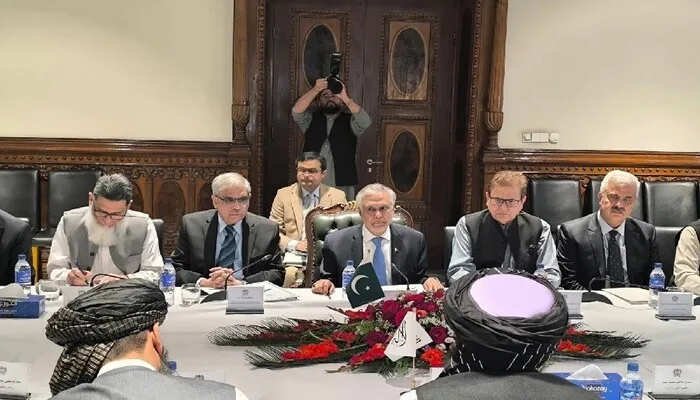PTA Confirms Use of Web Monitoring System to Block Apps and Websites in Pakistan
469 mobile applications have been blocked so far

The National Assembly has been informed that the Pakistan Telecommunication Authority (PTA) is actively using the Web Monitoring System (WMS) to block online applications and websites. This system, which has sparked controversy, is part of PTA’s mandate under Section 37 of the Prevention of Electronic Crimes Act (PECA) 2016.
The minister in charge of the cabinet division, which oversees the PTA, confirmed this in a written response to the National Assembly on August 26. The minister explained that the PTA is responsible for blocking “unlawful content” in Pakistan. To carry out this duty, the PTA submits complaints and requests for the removal and blocking of applications directly to companies like Apple and Google. Additionally, it uses the WMS for managing internet content in the country.
The minister admitted that the PTA has used the WMS to block a significant number of applications and websites. Specifically, 469 mobile applications have been blocked so far. This includes 435 Android apps and 34 Apple apps. These applications were blocked for various reasons, such as containing content deemed against the glory of Islam, promoting indecent or immoral content, or engaging in fraudulent activities.
One of the high-profile blocks is the social media site X (formerly known as Twitter), which has been inaccessible in Pakistan since February 17. The official website of the opposition party Pakistan Tehreek-e-Insaf has also been blocked since before the recent elections.
Read More:PTA Warns Internet Disruptions May Persist Until October
Minister of State for Information Technology, Shaza Khawaja Fatima, claimed on August 15 that the WMS is essential for dealing with cybersecurity threats in Pakistan. However, the minister in charge of the cabinet division did not mention cybersecurity concerns in the explanation to the National Assembly. Instead, the focus was on blocking content under PECA.
The WMS was purchased by Pakistan from Sandvine, a Canada-based company, in 2018 for $18.5 million, according to a report by Coda. In December 2023, the WMS was upgraded and tested on landing stations for the SMW 3, 4, and 5 submarine internet cables. This upgrade caused national internet outages and slowdowns before the elections, as confirmed by a PTA spokesperson.
The WMS uses Deep Packet Inspection technology, which allows it to identify and block VPN traffic. It also enables the government to monitor all internet traffic entering and leaving Pakistan. Despite these capabilities, the minister acknowledged that users could still access banned content through VPNs. Those who bypass the gateway with private traffic can evade state policies on banned content.
Interestingly, government officials, including ministers and the prime minister, continue to use X, even though it is officially banned. It remains unclear whether they are using VPNs to access the platform.
The minister also highlighted the difficulty in controlling VPN misuse, which hinders the PTA’s ability to enforce PECA effectively. To address this, the PTA is collaborating with various organizations, including the Ministry of Information Technology and the Pakistan Software Export Board, to whitelist VPNs and IPs in the country. So far, they have registered 20,437 VPNs.
In addition to this, the PTA has introduced an e-portal for government organizations to lodge complaints and request content removal or blocking. Currently, 47 stakeholders, including federal and provincial ministries and law enforcement agencies, are using the e-portal.
Digital rights activist Ramsha Jahangir criticized the government’s lack of transparency regarding the WMS. She emphasized the need for clarity on who purchased the WMS and how it was funded, given its role in internet filtering in Pakistan.
















